
Research suggests cancer cells may evade treatment by eating adult stem cells.

Research suggests cancer cells may evade treatment by eating adult stem cells.
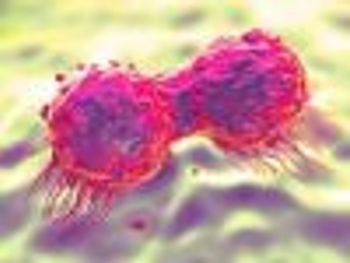
TIP60 levels could serve as a prognostic marker of breast cancer progression.

The new method makes breast imaging less risky, and can lessen false-positive readings.

About 1 in 6 women diagnosed with breast cancer have a symptom other than a lump.

Women who display non-lump breast cancer symptoms are less likely to seek needed care.

Determining the contents of extracellular vesicles may create targeted treatments.
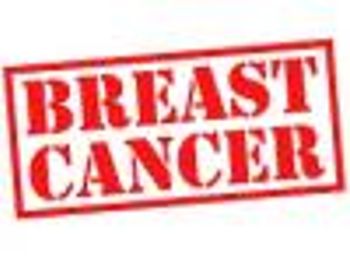
Tailored dose-dense chemotherapy did not statistically improve recurrence-free survival in breast cancer patients.

Targeting a certain antioxidant protein reduces the aggressiveness of triple-negative breast cancer and increases its sensitivity to conventional anti-cancer drugs.

Promising data on pediatric relapsed/refractory acute lymphoblastic leukemia to be presented.
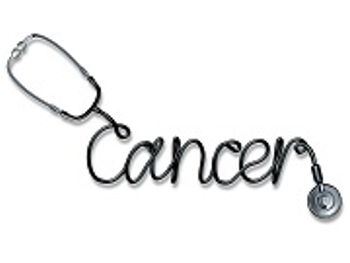
Ibrance has received approval from the European Commission to treat metastatic breast cancer.
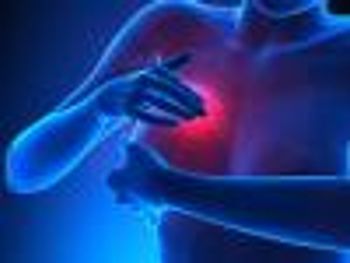
A 2-year study will examine the effectiveness of advanced MRI to determine response to breast cancer treatment.

Rehabilitation with the help of the internet ameliorates life quality and side effects in women with breast cancer.
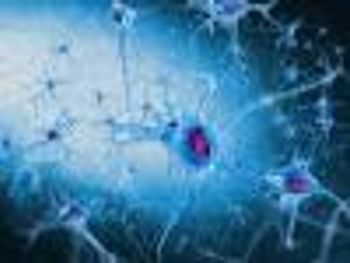
Having multiple sclerosis may not increase the risk of breast cancer in women.

Ribociclib seeks approval as a first-line treatment of postmenopausal women with hormone-receptor positive, human epidermal growth factor receptor-2 negative advanced or metastatic breast cancer.

The FDA has accepted Novartis’ New Drug Application (NDA) and granted Priority Review for LEE011 (ribociclib).

Stay up-to-date with the hottest news in pharmacy!
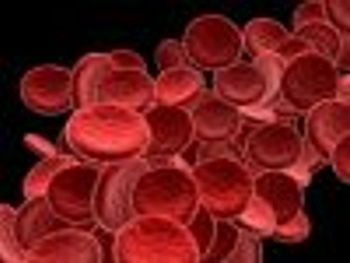
Newly-discovered compound blocks an essential protein in sustaining tumor growth.

Ribociclib treats patients with HR+/HER2- advanced or metastatic breast cancer.
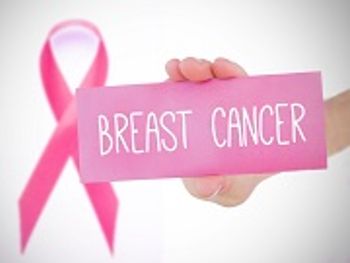
Experimental drug treats patients with HR+/HER2- advanced or metastatic breast cancer.
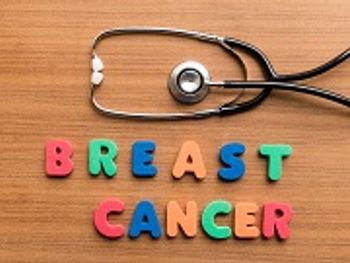
A method to detect underwater structure damage could be used to detect breast cancer.

Only 58% of breast cancer survivors received follow-up mammograms in 2007.
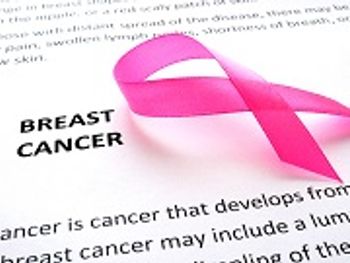
Study challenges previous findings that suggest night shift work increases the risk of breast cancer.
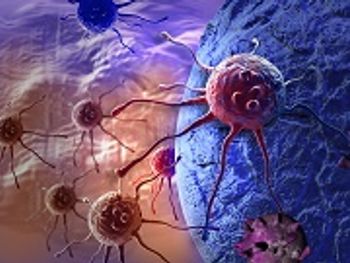
Inhibiting Ran-GTP was associated with reversing and preventing treatment-resistant cancers.

Premenopausal, overweight women have a decreased risk of breast cancer, while postmenopausal women have an increased risk.

Top news of the day from across the health care landscape.